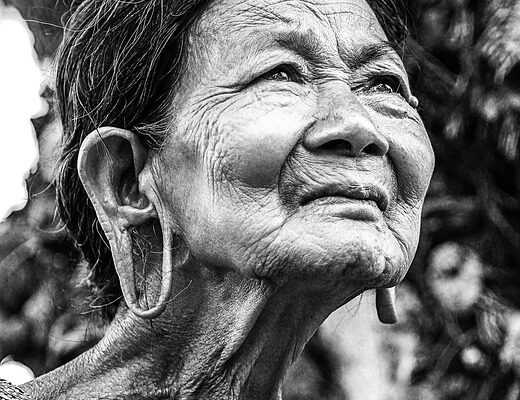The Growing Influence of Video Games
Video games have become a significant force in shaping popular culture in recent years. What was once considered a niche hobby has now evolved into a multi-billion dollar industry that rivals the film and music industries in terms of revenue and cultural impact. With the rise of online gaming, streaming platforms, and esports, video games have reached a broader audience than ever before.
Video Games as a Form of Entertainment
One of the reasons why video games have become so influential is their ability to provide immersive and interactive experiences for players. Unlike passive forms of entertainment like movies or television shows, video games allow individuals to actively participate in the storytelling process. Players are often given agency in shaping the outcome of the game through their decisions and actions, leading to a more personalized and engaging experience.
Video Games and Social Connection
In addition to providing entertainment, video games have also become a powerful tool for social connection. With the rise of online multiplayer games, players can connect with others from around the world and form friendships and communities based on shared interests. These online communities often extend beyond the virtual world, with players participating in events like conventions, tournaments, and charity fundraisers. Video games have the ability to bring people together in ways that were previously unimaginable.
The Evolution of Video Game Characters
Video games have also played a significant role in shaping popular culture through their characters. From iconic figures like Mario and Sonic to more complex and nuanced protagonists like Geralt of Rivia and Ellie, video game characters have become cultural icons in their own right. These characters often reflect broader cultural trends and values, and their popularity can influence trends in fashion, music, and entertainment.
Diversity and Representation in Video Games
One area where video games have made significant strides in recent years is in the representation of diverse characters and stories. Game developers have increasingly sought to create games that reflect a more diverse and inclusive world, featuring characters from a variety of backgrounds, identities, and experiences. This push for greater representation has not only enriched the storytelling possibilities in games but has also sparked important conversations about diversity and inclusion in popular culture as a whole.
The Impact of Video Game Music
Another aspect of video games that has contributed to their influence on popular culture is their music. Video game soundtracks have evolved from simple bleeps and bloops to intricate compositions that rival those found in film scores. From the iconic melodies of The Legend of Zelda to the haunting tracks of Silent Hill, video game music has the power to evoke emotion, set the tone for gameplay, and create lasting memories for players. Video game composers have become recognized as artists in their own right, with their work becoming an integral part of the gaming experience.
The Intersection of Video Games and Other Media
Video games have also had a significant impact on other forms of media, influencing trends in film, television, and literature. Many popular franchises, such as Assassin’s Creed, Resident Evil, and The Witcher, have expanded beyond the gaming world to include spin-off novels, comics, and even blockbuster movies. This cross-pollination of media has created new opportunities for storytelling and collaboration between different creative industries, leading to a more interconnected and diverse cultural landscape.
The Rise of Video Game Streaming
One of the most significant ways in which video games have shaped popular culture in recent years is through the rise of video game streaming. Platforms like Twitch and YouTube Gaming have given players and content creators a platform to share their gameplay experiences with millions of viewers around the world. These streamers have become cultural influencers in their own right, with their personalities, gameplay styles, and commentary shaping trends in gaming culture and beyond. The popularity of video game streaming has also had a direct impact on the gaming industry, influencing game design, marketing strategies, and even the way games are consumed.
Conclusion
In conclusion, video games have become a powerful force in shaping popular culture in the 21st century. Through their immersive experiences, social connections, diverse characters, and innovative storytelling, video games have captured the imaginations of millions of players around the world. As the gaming industry continues to evolve and expand, it is clear that the influence of video games on popular culture will only continue to grow in the years to come.
